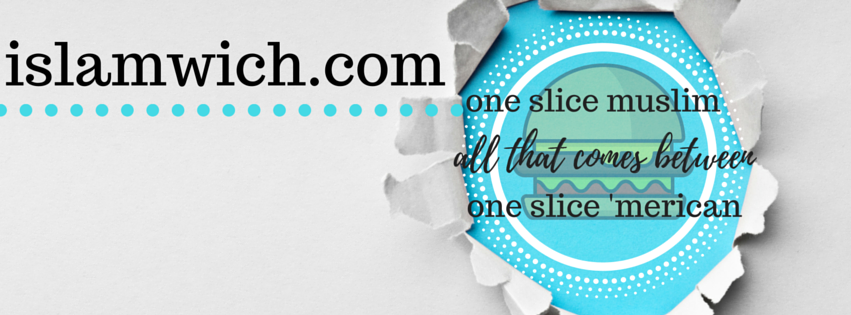written by Theresa Corbin
originally written for and published on About Islam
Much has been written on what a new Muslim should do after converting. What the first steps after shahadah should be is a topic even I have expounded on many times—like the article I wrote entitled, The First Step A New Convert Should Take which is all about intentions, motivation, and matters of the heart.
But sometimes this kind of advice makes it seem as if material matters aren’t important. But you should know that they are.

Islam teaches us a balance, to be in this world and to take care of one’s worldly needs while also thinking of the life of the hereafter and taking care of one’s spiritual needs.
We are beings of duality. We have a physical existence and a spiritual existence. When the needs of one or the other are ignored, bad things happen.
Far too often the worldly needs of new Muslims are brushed off as less important than spiritual needs. And what comes from this kind of treatment is understandable.
New Muslims often complain that being a Muslim is impractical or difficult. If the Islam presented to you seems Impossible, excessively difficult, or impractical, know that this is a kind of imagined Islam that ignores the worldly needs in favor of the spiritual needs.
However, Islam demands balance and that all needs are met. Here are a few practical things to think about after taking the shahadah.
Know Your Rights as a New Muslim
As a new Muslim, one of the first things you should understand about your faith are your rights in Islam. Often new Muslims’ complaints about Islam have nothing to do with Islam at all, but a failing on the part of other individual Muslims or even their community as a whole.
It is critical that you, as a new Muslim, understand that Allah has instructed your community to provide you with support. If it is not offered to you, or if support is not given when you seek it, then you need to know that that is man’s failing, and not Islam’s.
Muslims have an obligation to help new Muslims in a number of ways, including but not limited to mentorship, counseling, education, supportive community, and even financial support if need arises. You can read a declaration of the rights of new Muslims here that discusses this in more detail.
Continue reading here on About Islam
Follow us (upper right of the page). Like our face with your face on Facebook (facebook.com/islamwich). Pin with us (pinterest.com/islamwich).
Like the post, share it, pin it, comment on it, and/or do whatever social media magic it is that you prefer. Find out more about us in the understandably named “About” page and browse other posts in “Table of Contents”.








